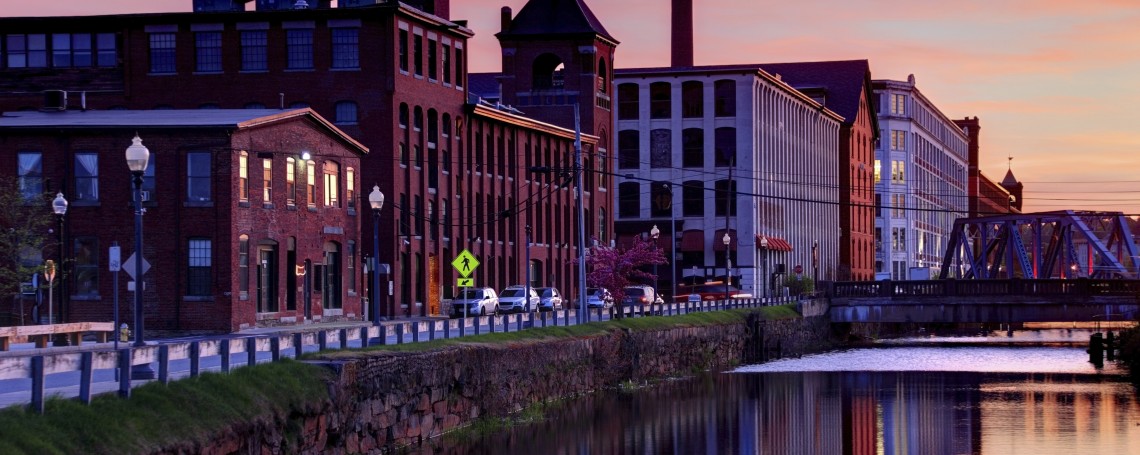Blog: Impact investing
Deval Patrick and Richelieu Dennis Have Proven You Don’t Have to Trade Return for Impact
This year’s 20th anniversary of the Inner City 100 Awards and Conference will feature a conversation between two groundbreaking individuals, Deval Patrick, Managing Director of Bain Double Impact and former Governor of Massachusetts, and Richelieu Dennis, Founder, CEO and Executive Chairman of Sundial Brands and also Founder and Chairman of Essence Ventures LLC, which recently acquired Essence Communications Inc. from Time Inc. Read More
Innovation within the Impact Investing Space is Driving Inner City Revitalization
Impact investing is a double bottom line investment approach that looks to generate a competitive rate of return while investing funds into projects that will have a positive social, economic or environmental impact. There are now at least $114 billion worth of impact investing assets under management, according to a recent survey conducted by the Global Impact Investing Network (GIIN), a group of charities, banks, foundations, insurance companies and asset managers dedicated to increasing impact investing. Read More
Private Bond Market Emerging as a Tool for Inner City Community Development
Social impact investing is increasingly being utilized by Community Development Financial Institutions (CDFIs). However, CDFIs are often limited in how they can use the funds. The capital may be restricted to a narrow geography, or constrained to certain programmatic areas. Therefore, even with the expansion of their sources of capital to encompass social impact investing, CDFIs continue to explore new avenues for capital diversification. Read More
Surdna Foundation Latest to Redirect Assets into Impact Investments for Social Good
A few months ago, we featured a story about how the Commonwealth of Pennsylvania has created a $100 million impact investing initiative redirecting funds into investment products that will not only provide monetary return, but support affordable housing, small businesses, infrastructure projects, and health and educational facilities. New York City, Washington, D.C. and the Commonwealth of Massachusetts all have similar initiatives, albeit at different scales. Read More

